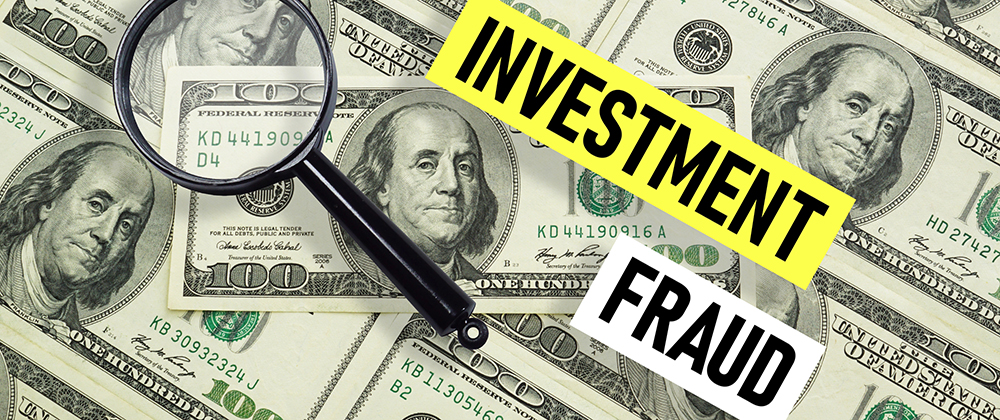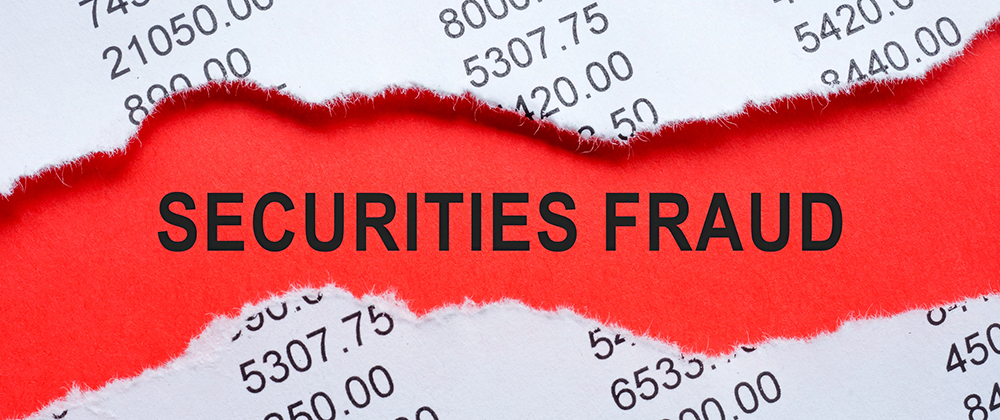In a rare setback on an appeal, the U.S. Securities and Exchange lost its bid for a significant civil penalty.
The underlying SEC insider trading case was tried several years ago and the defendant, Charlie Chen, then appealed. The SEC’s complaint alleged that Chen, who was close friends with a Vistaprint insider obtained highly material, nonpublic information and capitalized on it by trading in advance of five separate public announcements of Vistaprint’s financial results. The trial evidence showed that Chen, when questioned by the FBI, disclaimed knowing anyone who worked at Vistaprint and, further, falsely denied having a close relationship with the Vistaprint insider.
The SEC claimed Chen reaped $892,827.00 in illicit, insider trading profits, and then sought twice that sum, to wit: $1,785,654, in the form of a civil monetary penalty.
In considering the propriety of the amount of the SEC’s civil penalty request, the appellate court analyzed the elements that are considered in assessing SEC civil penalties. “The appropriate magnitude of a civil penalty for insider trading is based on the ‘facts and circumstances’ of the case. 15 U.S.C. 78u-1(a)(2). The factors that bear on this inquiry are: ‘(1) the egregiousness of the violations; (2) the isolated or repeated nature of the violations; (3) the defendant’s financial worth; (4) whether the defendant concealed his trading; (5) what other penalties arise as the result of the defendant’s conduct; and (6) whether the defendant is employed in the securities industry.”
In its civil penalty analysis, the appellate court noted that, on the one hand, the jury found that defendant engaged in repeated violations, and did so in a manner difficult to detect and, consequently, difficult to deter. The court further found that Chen did not conceal his trades, but did lie to the FBI about his relationship with the company insider, presumably to conceal his wrongdoing. Nevertheless, the court found that Chen was not a person of substantial financial means, his violation was not substantially more egregious than a typical insider-trading violation, and that he does not work in the securities industry, which perhaps marginally reduces the temptation to reoffend. Accordingly, the Court imposed a penalty equivalent to the value of defendant’s illicit trades, to wit: $892,827.
While not typically the case, this appellate decision marks an unusual win for a SEC defendant. I have found that such victories typically involve the remedies sought by the SEC, both monetary and injunctive, as opposed to the underlying securities law violations.
David Chase is a SEC defense attorney and former SEC enforcement lawyer who investigated insider trading cases for the SEC. For over two decades, he has successfully defended his clients in SEC investigations. Mr. Chase is able to represent you in a SEC investigation whether you are in San Francisco, St. Louis, Boca Raton or Atlanta. Speak with David about your SEC investigation or SEC Subpoena at: 800-760-0912, e-mail him at: david@davidchaselaw.com or visit the Firm’s website at: www.securitiesfrauddefense.net for information on how the SEC conducts its insider trading investigations as well as the firm’s prior successful results.




